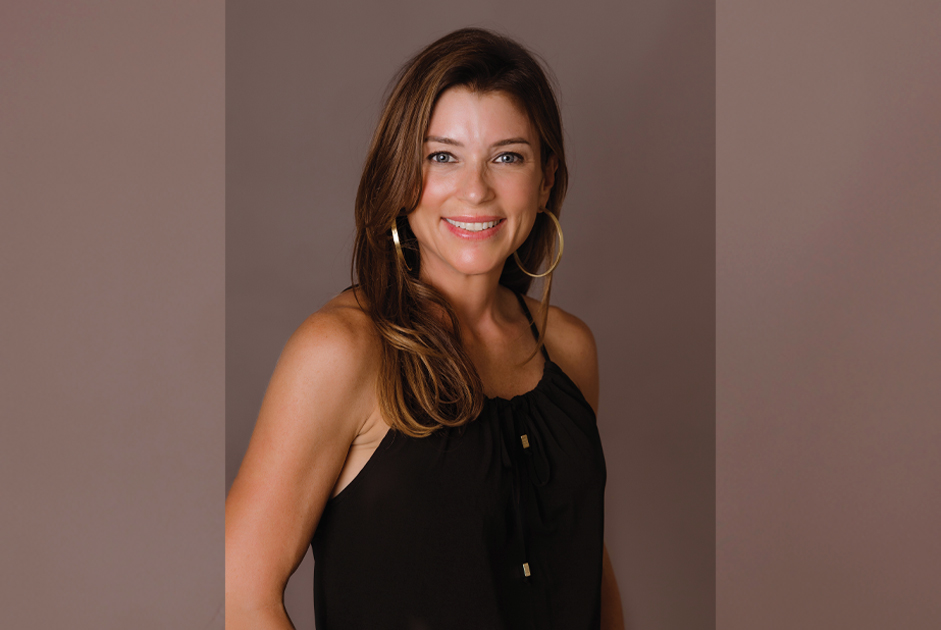A simple yet complex question to yourself is, “How’s my libido?” This three-word question can give you so much insight on your level of stress both psychologically and physiologically. We’re going to have some girl talk on all things related to sexual desire.
Let’s get some lingo straight: sexual desire and libido can be used interchangeably. Sex drive is different; this can be perceived as vital for existence (like eating and drinking) and can also invoke shame if you feel you have no sex drive.
Sexual desire starts in the brain, not in our lady parts as you may have thought. Something has to be perceived as pleasurable in the brain before the body can respond. In order for the brain to see something as pleasurable, most of the time, we have to remove any impediments or “brakes.”
Let’s give two different scenarios for a better understanding. You have a full day of scheduled appointments for work and your babysitter cancels. Your husband comes home from work and kisses you on the neck while you are washing a pile of dishes after a long day of trying to juggle work, kids, and random socks thrown throughout the house. In this case, the brakes are fully engaged and being intimate feels like another thing on the “to do” list. Another scenario, you have a great night of sleep the night before and a smooth sailing day at work. Then you come home to a clean house, the kids’ homework is done, and have a quick, healthy meal already planned. Your husband comes home with a fresh bouquet of flowers and kisses you on the neck and you are intrigued and excited. The runway is clear and ready for take off!
If you are in a committed relationship, have a conversation with your partner on the “brakes” in your life and if there are things he or she can do to help. So many times the other person thinks it is them. Give some concrete examples and ways to help you feel more pleasure in all aspects of your life. And as a side note on sexual pleasure, different techniques affect women in different ways – what works great for you may not work at all for someone else.
In the beginning of a relationship, we experience more “spontaneous desire,” and the novelty can have you ready to go wherever and whenever. This can eventually change to “responsive desire” when the brain decides if something is pleasurable depending on whether there are any “brakes” in the way.
We’ve discussed some of the psychological aspects of sexual desire. Let’s move into the physiological side. From a physical health perspective, poor glucose regulation can cause a decrease in libido. If you don’t have adequate blood flow flowing through the female genitalia (and male genitalia too), you won’t have much of a libido. Certain medications can cause a decrease in libido. Some examples are: antidepressants, statins, beta blockers, hormonal birth control, heartburn medication, and cannabis. If you are a female that is still menstruating, your libido could be cyclical depending on where you are in your cycle. After ovulation, you may experience more anxiety which decreases your sexual desire. In menopause and beyond, due to the decline of estrogen and progesterone, you may experience more vaginal dryness which can cause sex to be painful which certainly doesn’t register in the brain as pleasure.
So what can you do to increase your libido?
- Stress Management: refer back to my column in June’s Forsyth Woman issue for the different types of stress and what to do.
- Communication: have an honest and open conversation with your partner. It is also helpful for both of you to track the time of day and month that are a green light and share those times.
- Keep blood sugar stable throughout the day: eat a nutrient-dense, whole foods diet. In addition, have a consistent exercise routine that involves weight training.
- Get to the root cause of why you are taking certain medications and if it is possible to improve through lifestyle and diet. Talk to your medical provider about more extensive labs.
- Menopause and beyond: look into bioidentical hormone replacement therapy to increase sex hormones, try an organic lubricant, and give yourself some extra time for foreplay.
Overall, a holistic approach that addresses both psychological and physiological contributors to low libido is often needed. Simple lifestyle changes and improved communication can go a long way, along with medical interventions as needed. The key is awareness of how different factors may be impacting you, followed by action to address the root causes.


















